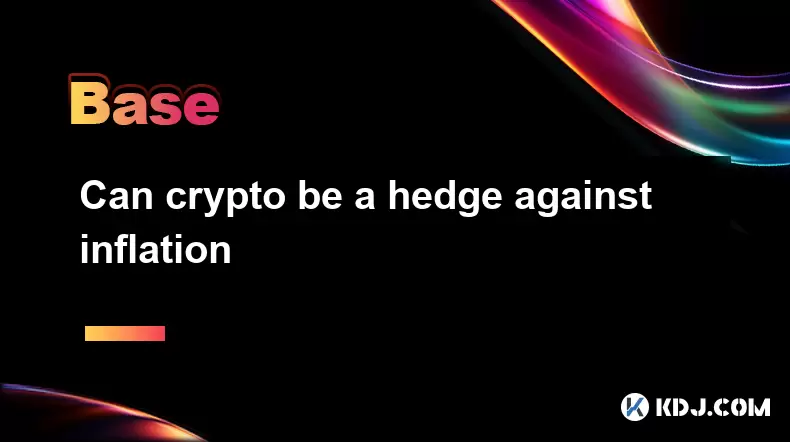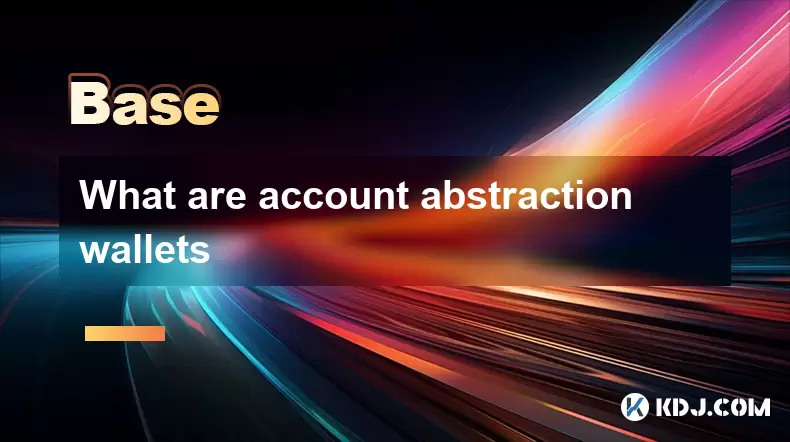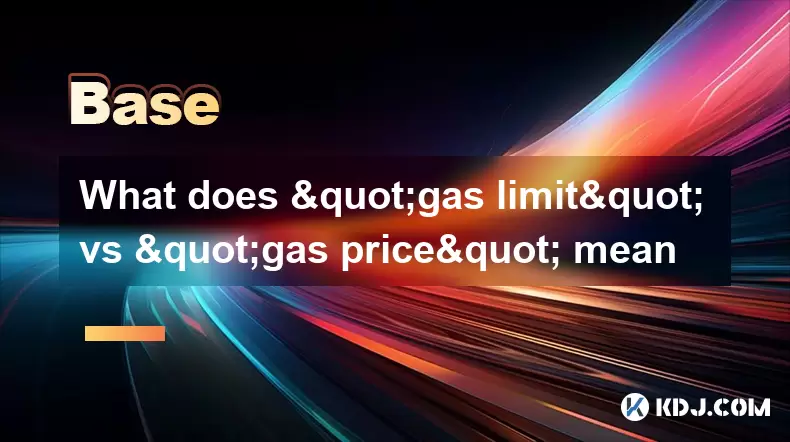-
 Bitcoin
Bitcoin $118,209.3536
1.16% -
 Ethereum
Ethereum $3,151.7546
5.98% -
 XRP
XRP $2.9277
2.35% -
 Tether USDt
Tether USDt $1.0000
0.00% -
 BNB
BNB $689.7099
1.26% -
 Solana
Solana $163.4270
1.91% -
 USDC
USDC $1.0000
0.02% -
 Dogecoin
Dogecoin $0.1983
3.74% -
 TRON
TRON $0.3008
0.51% -
 Cardano
Cardano $0.7435
2.86% -
 Hyperliquid
Hyperliquid $47.6547
-0.48% -
 Stellar
Stellar $0.4625
2.79% -
 Sui
Sui $3.9921
2.71% -
 Chainlink
Chainlink $16.0608
4.23% -
 Hedera
Hedera $0.2348
1.56% -
 Bitcoin Cash
Bitcoin Cash $496.6985
1.25% -
 Avalanche
Avalanche $21.9038
5.41% -
 UNUS SED LEO
UNUS SED LEO $8.8356
-1.88% -
 Shiba Inu
Shiba Inu $0.0...01364
5.31% -
 Toncoin
Toncoin $3.1102
4.35% -
 Litecoin
Litecoin $95.9756
3.59% -
 Polkadot
Polkadot $4.0925
5.78% -
 Monero
Monero $333.7622
-1.44% -
 Uniswap
Uniswap $9.1968
2.25% -
 Bitget Token
Bitget Token $4.6378
6.23% -
 Pepe
Pepe $0.0...01282
6.77% -
 Dai
Dai $1.0002
0.03% -
 Ethena USDe
Ethena USDe $1.0005
0.00% -
 Aave
Aave $329.9143
4.49% -
 Bittensor
Bittensor $441.4995
6.89%
What is a bug bounty in crypto
Bug bounty programs in crypto reward ethical hackers for finding and reporting security flaws, helping projects fix vulnerabilities before they’re exploited.
Jul 12, 2025 at 10:00 pm

Understanding the Concept of Bug Bounty in Crypto
In the cryptocurrency space, a bug bounty refers to a reward system where developers or companies offer monetary incentives to individuals who identify and report security vulnerabilities within their blockchain platforms, smart contracts, or associated software. This practice is widely adopted by decentralized finance (DeFi) protocols, blockchain networks, and Web3 applications to ensure robust security audits before public deployment.
The primary goal of a bug bounty program is to proactively find and fix critical flaws that could otherwise be exploited by malicious actors. These programs are often hosted on platforms like HackerOne or Immunefi, which facilitate coordination between white-hat hackers and project teams.
Bug bounty programs play a crucial role in maintaining trust and transparency in the crypto ecosystem.
How Bug Bounty Programs Operate in Blockchain Projects
Most bug bounty initiatives follow a structured process that involves several stages. First, a blockchain project announces its bug bounty program, specifying the scope, rules, and reward structure. The scope typically includes which components of the system are eligible for testing — such as smart contracts, wallet interfaces, or consensus mechanisms.
Once the program is live, ethical hackers begin analyzing the codebase and systems for potential vulnerabilities. Upon discovery, they submit detailed reports through designated platforms. These reports must include steps to reproduce the issue, technical impact, and proposed fixes.
- Submission Review: Project teams or third-party auditors evaluate the submitted vulnerability.
- Validation: If the flaw is confirmed, the reporter receives a bounty based on severity and impact.
- Reward Disbursement: Rewards are usually paid in fiat or cryptocurrency tokens issued by the project.
Different Types of Vulnerabilities Targeted in Bug Bounties
Bug bounty programs in the crypto domain focus on identifying a wide array of security issues. Some of the most commonly targeted vulnerabilities include:
- Smart Contract Bugs: These involve reentrancy attacks, integer overflows, incorrect access control, and logic errors.
- Frontend Exploits: XSS (Cross-Site Scripting), CSRF (Cross-Site Request Forgery), and insecure API integrations.
- Consensus Layer Issues: Double-spending risks, Sybil attacks, and consensus-breaking bugs in node implementations.
- Wallet Security Flaws: Private key exposure, insecure storage mechanisms, and transaction malleability.
Each category has different risk levels and bounty amounts assigned accordingly. For example, a high-severity smart contract vulnerability may earn a bounty worth thousands of dollars, while minor frontend issues might only receive smaller rewards.
Who Participates in Bug Bounty Programs?
Bug bounty hunters come from diverse backgrounds, including professional penetration testers, cybersecurity researchers, and independent developers with expertise in blockchain technology. Many participants are part of global communities focused on open-source contributions and responsible disclosure practices.
Organizations running these programs range from early-stage startups launching new DeFi protocols to well-established blockchain infrastructure providers like Ethereum clients, Layer 2 scaling solutions, and NFT marketplaces.
Some notable entities known for offering generous bug bounties include:
- OpenZeppelin: Frequently collaborates with projects to sponsor audits and bounty campaigns.
- Chainlink: Known for rewarding critical oracle-related vulnerabilities.
- Compound Finance: Offers structured bounty tiers for different types of exploits.
Participants must adhere to strict guidelines, including non-disclosure agreements and responsible reporting timelines.
Steps to Report a Vulnerability in a Crypto Bug Bounty Program
Reporting a vulnerability effectively requires careful attention to detail and adherence to platform-specific procedures. Here’s how one can responsibly disclose a finding:
- Verify Eligibility: Ensure the target falls under the program's defined scope.
- Document Findings: Include a clear description, reproduction steps, and affected files or functions.
- Use Proper Tools: Screenshots, code snippets, and logs help validate the exploit.
- Submit Through Official Channels: Most platforms use HackerOne, Immunefi, or custom portals.
- Await Response: Teams typically respond within days, though complex cases may take longer.
It is essential not to publicly disclose any vulnerability until it has been officially acknowledged and patched by the development team.
Frequently Asked Questions
Q: Can anyone participate in a crypto bug bounty program?
A: Yes, but participants must meet certain skill requirements and agree to the program’s terms of service. Some programs may require prior verification or experience.
Q: Are bug bounty rewards taxable?
A: In many jurisdictions, yes. Bounty payments are generally considered income and should be reported accordingly.
Q: What happens if I discover a vulnerability outside the program’s scope?
A: You should still report it responsibly, but there’s no guarantee of receiving a bounty unless explicitly covered in the program rules.
Q: Is it possible to get banned from participating in future bug bounties?
A: Yes, if you violate the program’s policies — such as disclosing vulnerabilities publicly without permission or attempting to exploit them — you may be blacklisted.
Disclaimer:info@kdj.com
The information provided is not trading advice. kdj.com does not assume any responsibility for any investments made based on the information provided in this article. Cryptocurrencies are highly volatile and it is highly recommended that you invest with caution after thorough research!
If you believe that the content used on this website infringes your copyright, please contact us immediately (info@kdj.com) and we will delete it promptly.
- Bitcoin, Crypto, and Rate Cut Hopes: A Bullish Brew for the Summer?
- 2025-07-17 00:30:12
- Swedish Refine Group's $1M Bitcoin Treasury Strategy: A Growing Trend
- 2025-07-17 00:30:13
- Avalanche Onchain Insights: Token Relations Unveils Comprehensive Dashboards
- 2025-07-16 22:50:13
- Standard Chartered's Crypto Leap: Regulated Trading and Stablecoin Focus
- 2025-07-16 23:30:13
- Rare Coin Alert: Darwin, Ipswich, and Hidden Treasures!
- 2025-07-16 23:30:13
- Shiba Inu vs. Remittix: Can Remittix Deliver Gains Faster?
- 2025-07-16 23:35:13
Related knowledge

What is the Bitcoin dominance index
Jul 12,2025 at 10:35pm
Understanding the Bitcoin Dominance IndexThe Bitcoin Dominance Index, often abbreviated as BTC.D, is a metric used to measure Bitcoin's market capital...

What is the Bitcoin dominance index
Jul 11,2025 at 04:29am
What is the Bitcoin Dominance Index?The Bitcoin Dominance Index is a metric used to gauge Bitcoin's market capitalization relative to the total market...

Can crypto be a hedge against inflation
Jul 14,2025 at 12:21am
Understanding the Concept of Hedging Against InflationInflation refers to the general increase in prices and fall in the purchasing value of money ove...

Can crypto be a hedge against inflation
Jul 12,2025 at 12:07pm
Understanding the Role of Blockchain in Decentralized Finance (DeFi)Blockchain technology serves as the backbone of decentralized finance, offering a ...

What are account abstraction wallets
Jul 13,2025 at 01:43am
Understanding the Concept of Account AbstractionAccount abstraction is a term frequently used in the Ethereum ecosystem, particularly within discussio...

What does "gas limit" vs "gas price" mean
Jul 13,2025 at 04:00am
Understanding the Basics of Gas in Blockchain TransactionsIn the Ethereum and other EVM-compatible blockchains, every transaction requires computation...

What is the Bitcoin dominance index
Jul 12,2025 at 10:35pm
Understanding the Bitcoin Dominance IndexThe Bitcoin Dominance Index, often abbreviated as BTC.D, is a metric used to measure Bitcoin's market capital...

What is the Bitcoin dominance index
Jul 11,2025 at 04:29am
What is the Bitcoin Dominance Index?The Bitcoin Dominance Index is a metric used to gauge Bitcoin's market capitalization relative to the total market...

Can crypto be a hedge against inflation
Jul 14,2025 at 12:21am
Understanding the Concept of Hedging Against InflationInflation refers to the general increase in prices and fall in the purchasing value of money ove...

Can crypto be a hedge against inflation
Jul 12,2025 at 12:07pm
Understanding the Role of Blockchain in Decentralized Finance (DeFi)Blockchain technology serves as the backbone of decentralized finance, offering a ...

What are account abstraction wallets
Jul 13,2025 at 01:43am
Understanding the Concept of Account AbstractionAccount abstraction is a term frequently used in the Ethereum ecosystem, particularly within discussio...

What does "gas limit" vs "gas price" mean
Jul 13,2025 at 04:00am
Understanding the Basics of Gas in Blockchain TransactionsIn the Ethereum and other EVM-compatible blockchains, every transaction requires computation...
See all articles

























































































